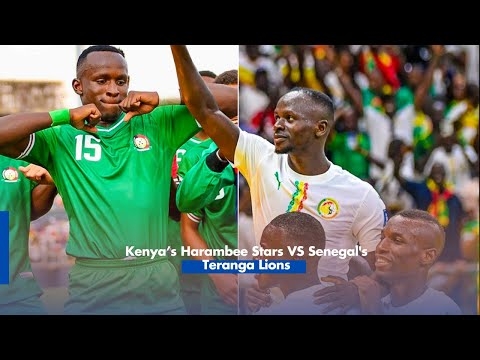In peacebuilding initiatives, sports, the arts and cultural practices aim to embody a kind of power that rests not on injury or domination, but rather on reciprocity, connectivity, and generatively. And if there is anything, we are rich in as a continent, it is in heritage.
Aspects of culture and arts in Kenya make no big impact in security and policy issues, yet what connects us most are soft platforms such as the church, social gatherings and social media, where people retreat to unwind and connect, commonly through the arts, sports and culture. These gatherings can have an impact on individuals and communities in the right or wrong direction.
Interior CS Kithure Kindiki in a recent statement said in the last six months alone, over 100 civilians and 16 police officers have been killed by bandits, who are oscillating between Turkana, West Pokot, Samburu, Laikipia, Baringo and Elgeyo Marakwet counties. A lot has thereafter been and is being done by the government, one being deployment of a multi-agency security team to restore peace.
This is a very sensitive issue though.
North Rift locals, after decades of massive life and property loss under the gun-toting bandits, feel that it is only the KDF troops who might save them from the brazen raiders, who have even killed the dreaded GSU officers.
I concur that it is definitely imperative for forces to be used, after all the mission of the Kenya Defence Forces is to defend and protect the sovereignty and territorial integrity of the republic, assist and cooperate with other authorities in situations of emergency or disaster and restore peace in any part of Kenya affected by unrest or instability as assigned.
However, there is the option of soft power through use of of education, sports, arts and culture.
How can the government employ this tool to restore peace in the North Rift?
In politics, soft power is the ability to co-opt rather than coerce, with the contrast being hard power. It involves shaping the preferences of others through appeal and attraction.
Locals in the unstable counties can be effectively led to co-opt through sports, cultural activities, food and music, among other ways.
Sports can be a useful tool in bringing unity and they has over the years brought different people and communities from around the world in ways nothing else can.
And not only can sports bring about this unity, it can also connect people on a personal level. Playing or watching, are both great ways to develop or maintain strong personal connections with other people. Playing on a team helps make better relationships.
Music is food for the soul and strategically thought of, it can cultivate a sense of harmony and co-existence. It can also be used as a way of transmitting the right messages to inform, educate and communicate ideas.
Food is also a useful tool for those communities to be seen in positive light. It may have limits in terms of achieving political objectives, but symbols of respect and love used in preparing and serving cuisines can be useful in targeting the right communication methods and messages.
Turkana, West Pokot, Samburu, Laikipia, Baringo and Elgeyo Marakwet counties, have active leadership as well as cultural departments. Is it then possible for them to join hands with the national government in integrating symbols music, food, sports and the arts into a bigger communication concept of use of soft power, towards creating lasting peace in the North Rift for posterity’s sake?
Vera is a part time lecturer and a communications researcher [email protected]

















